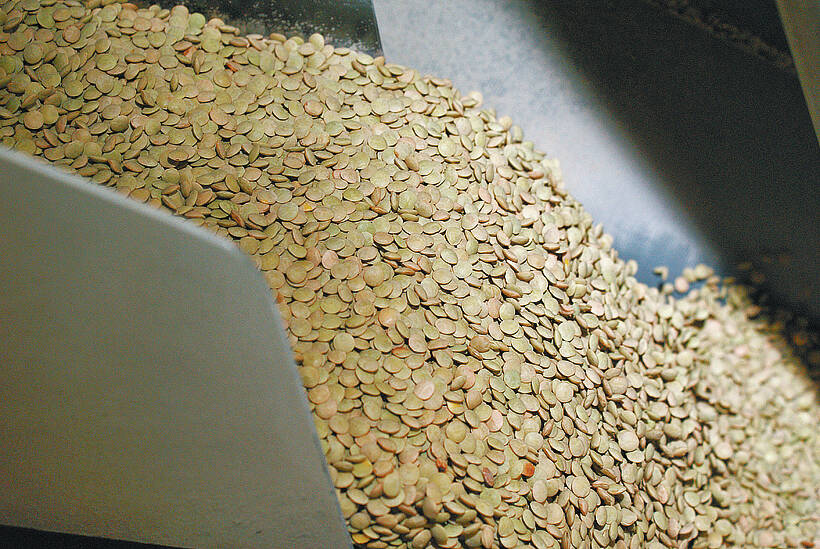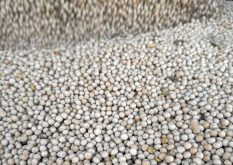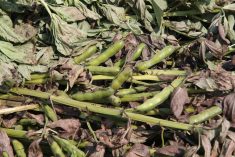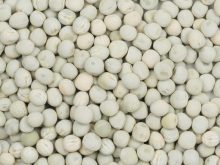India will also consider allowing unfumigated Canadian pulses without penalty until a more permanent solution is found
Canada and India have formally relaunched trade negotiations that could lead to increased Canadian pulse exports to the country.
Federal international trade minister Mary Ng met with her Indian counterpart, Shri Piyush Goyal, in New Delhi March 11 to discuss economic relationships between the two countries.
In addition to highlighting existing trade relationships, the ministers also agreed to formally relaunch negotiations on the India-Canada Comprehensive Economic Partnership Agreement (CEPA), with an interim Early Progress Trade Agreement (EPTA) to be concluded earlier as a transitional step.
The two countries also “agreed to undertake intensified work with respect to the recognition of Canada’s systems approach to pest risk management in pulses,” according to a joint statement. India will consider allowing the import of unfumigated Canadian pulses without penalty until a more permanent solution is reached. Now, Canadian pulses face a penalty when entering India because the methyl bromide required as a fumigant by India is seen as a pollutant by Canada and is also said to be ineffective in cold temperatures.
Read Also

Green lentil market oversupplied
Farmers in Western Canada can expect price pressure on their new crop of green lentils, as the available supplies among the world’s major lentil-growing nations increase significantly.
“Canada’s pulse industry welcomes (the March 11) announcement that the governments of Canada and India have formally relaunched the India-Canada Comprehensive Economic Partnership Agreement negotiations and will prioritize concluding an Early Progress Trade Agreement,” said Pulse Canada chair Corey Loessin in a prepared statement.
“We are encouraged to see the priorities of the Canadian pulse industry featured prominently in trade talks, specifically the focus on advancing Canada’s system-based approach and the inclusion of additional sanitary and phytosanitary measures in an Early Progress Agreement,” he added.
“Pulse Canada supports a continued focus on achieving predictable and transparent policies governing the trade in pulses between Canada, the world’s largest pulse exporting country, and India, the world’s largest pulse consuming country,” said Loessin.
India’s demand for Canadian pulses can ebb and flow depending on the country’s own production and import tariffs.















